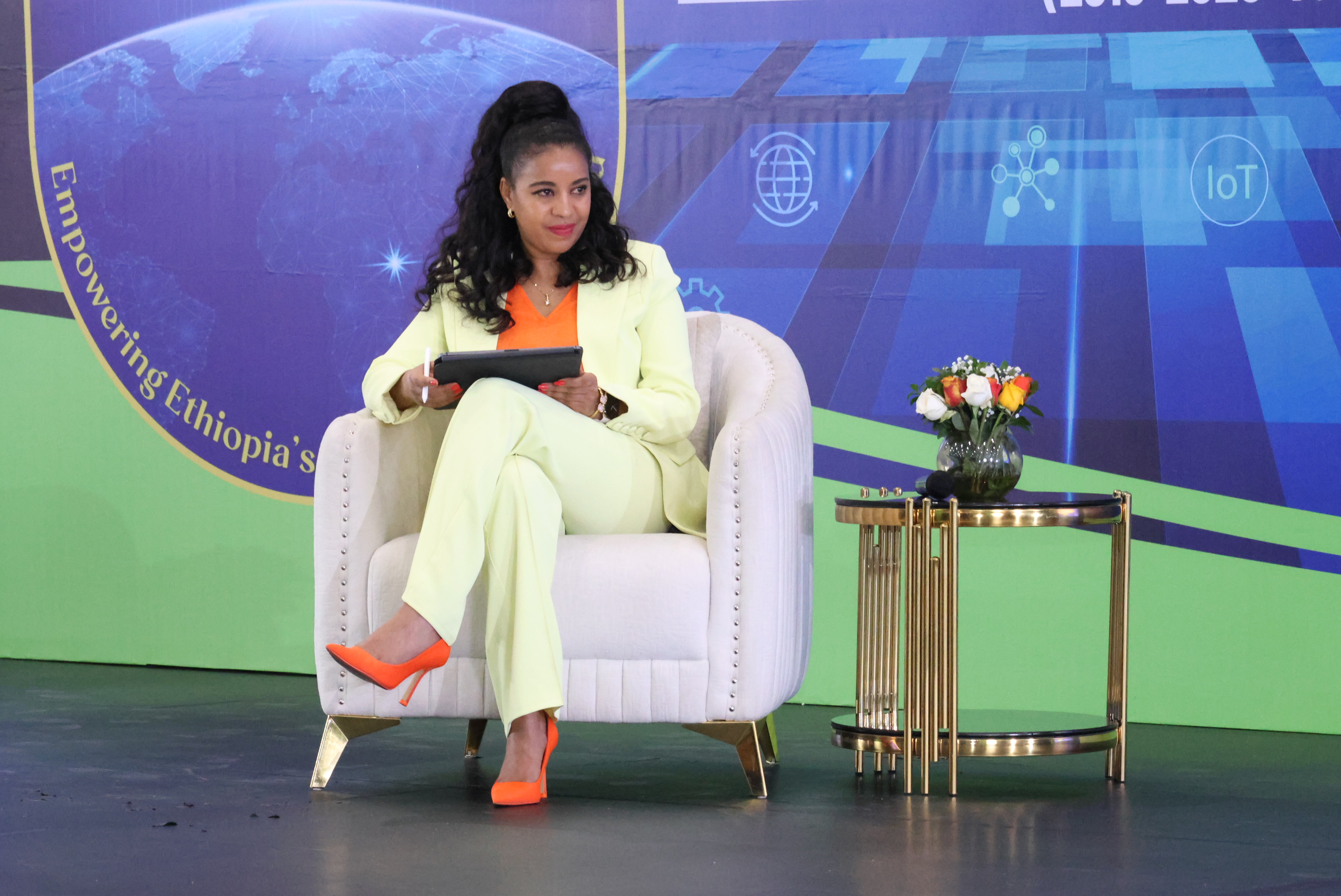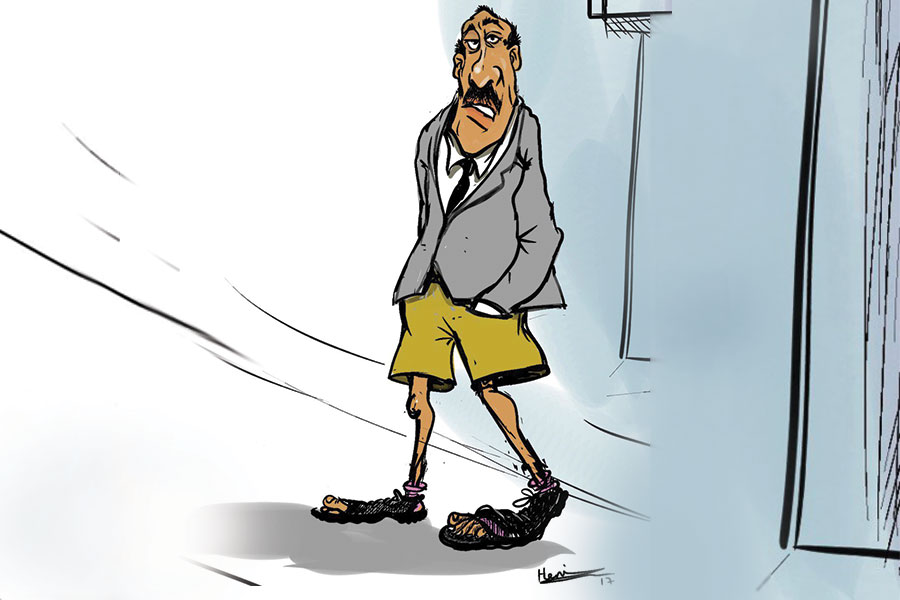
Aug 9 , 2025.
Federal agriculture officials last week quietly opened the door to commercial plantings of genetically modified (GM) maise, a first for the country, a policy decision that should shift the debate from familiar health and ecological concerns to a harder issue.
Most GM varieties are patented. Farmers may not save, replant or trade seed from their own harvest. Instead, they have to return to the seed company every season, pay royalties, and agree to contracts that can lead to lawsuits if broken. In a country where more than 80pc of growers rely on informal seed networks, the new policy undoubtedly threatens seed sovereignty and, many argue, food security.
The policy sheds light on a broader question rarely discussed in public forums.
Should knowledge itself be treated as private property? Who owns the seed?
Contemporary intellectual-property law rests on the idea that a firm can claim exclusive rights over a gene sequence or a bit of code, even though every invention builds on centuries of collective effort. Stephan Kinsella, a libertarian legal scholar, criticises patents as "state-sanctioned monopolies that distort markets and criminalise natural behaviour.” His objection would certainly echo in the maise fields of Oromia Regional State as much as it does in Silicon Valley.
Knowledge is a cumulative, generational social project. Sophisticated GM maize descends from millennia of farmer-led selective breeding. Public science enabled gene editing. Locking such advancements behind patents pulls up the ladder after climbing. Imagine Uzbekistan claiming royalties for Al-Khwarizmi's long division, absurd, yet patent laws transform shared heritage into corporate property.
The trouble is heightened because ideas aren't scarce goods. Two people cannot swing the same hammer at once, but both can use a theorem or tune without depletion. Ideas copy at near-zero cost. Artificial fences, enforced by lawyers and courts, create scarcity where none exists.
Technology keeps punching holes in those fences. The internet freed books, music, and films from physical media. Memes pass freely, owned by none, while corporations raid meme culture for relevance—a one-way street taking from the commons and guarding the take.
Artificial intelligence (AI) deepens the tension. Vast models train on scraped, often copyrighted, web content. No single author claims the output, yet firms insist it's proprietary. Independent creators, fearing lost income, side with corporate rights-holders who kept royalty gates high.
The architecture of traditional intellectual property (IP) law, which requires a human author, now strains in the wash.
Defenders of patents argue they reward inventors and advance progress, but the record is mixed. The battle over COVID-19 vaccines showed patents acting less as incentives and more as barriers. Taxpayers largely financed the formulas; still, when India and South Africa requested a temporary waiver on Covid vaccine patents from the World Trade Organisation (WTO), wealthier countries resisted. The delay, public-health groups say, costs lives across the Global South.
Agriculture experts whisper similar warnings. Seed companies promote GM traits as yield miracles, but their contracts often bind farmers to proprietary herbicides and restrict field practices. Courts in the United States (US) have repeatedly sided with companies against growers. The Canadian farmer, Percy Schmeiser, became a global example after Monsanto sued him in 1998 for allegedly saving seed that had blown onto his land. Vandana Shiva, the Indian scholar and activist, refers to the spread of patented crops as “epistemic colonisation,” arguing that it replaces diverse local knowledge with corporate science and turns farmers into consumers of technology they once helped shape.
Supporters retort that patents can offset research costs that are too burdensome for public budgets, yet many breakthroughs are already publicly funded. The TRIPS agreement, enforced by the World Trade Organisation (WTO) since 1995, obliges members to adopt strict IP rules. Critics in the Global South argue that these rules perpetuate dependency by standing between poor countries and the technologies they need.
Ethiopia faces that choice now. Approving GM maise could lead to higher yields, but the terms of access are crucial. If local breeders cannot legally cross-patented genes with indigenous varieties, and if smallholders are compelled to buy seed year after year under risk of litigation, the technology may tighten, not loosen, economic constraints. This note of caution should not be taken as a rejection of science. Rather, it is a reminder that who holds the title matters as much as what sits in the bag.
Ministry of Agriculture's officials have said little about how they will police seed contracts or protect growers from inadvertent violations, but a stray kernel in a neighbour’s field can trigger a claim. Enforcement costs could fall on a legal system already stretched to its limits. Without clear safeguards, the introduction of patented varieties may shift bargaining power sharply toward multinational firms.
None of this argues that creators should go unpaid. But alternatives exist. Open-source software thrives without proprietary lock-ins, and public plant-breeding licences allow innovation while preserving the right to save and share seed. Economists have long noted that collaboration, rather than enclosure, often accelerates progress. The rapid dissemination of crop-breeding knowledge across Africa’s research institutes is one example.
Ethiopia’s policymakers say the country should adopt modern tools to feed a growing population and to buffer crops against climate shocks. That goal need not conflict with seed sovereignty. Allowing farmers, universities, and local companies to breed and distribute improved varieties under open or limited licences could anchor the benefits at home. The country has already shown an appetite for home-grown solutions, from teff genetics to drought-tolerant sorghum. Similar approaches in Maise could reduce reliance on imports while avoiding disputes in courtrooms.
The larger lesson reaches beyond Ethiopia, though. Intellectual property law, designed for an era of industrial scarcity, now governs an information economy where scarcity is often manufactured. As crises pile up from pandemics to climate change and widening inequality, the cost of withholding ideas grows. If monopolies delay solutions, they become part of the emergency.
PUBLISHED ON
Aug 09,2025 [ VOL
26 , NO
1319]

Photo Gallery | 145683 Views | May 06,2019

Photo Gallery | 135852 Views | Apr 26,2019

My Opinion | 134299 Views | Aug 14,2021

My Opinion | 130868 Views | Aug 21,2021

Aug 30 , 2025
For Germans, Otto von Bismarck is first remembered as the architect of a unified nati...

Aug 23 , 2025
Banks have a new obsession. After decades chasing deposits and, more recently, digita...

Aug 16 , 2025
A decade ago, a case in the United States (US) jolted Wall Street. An ambulance opera...

Aug 9 , 2025
In the 14th Century, the Egyptian scholar Ibn Khaldun drew a neat curve in the sand....